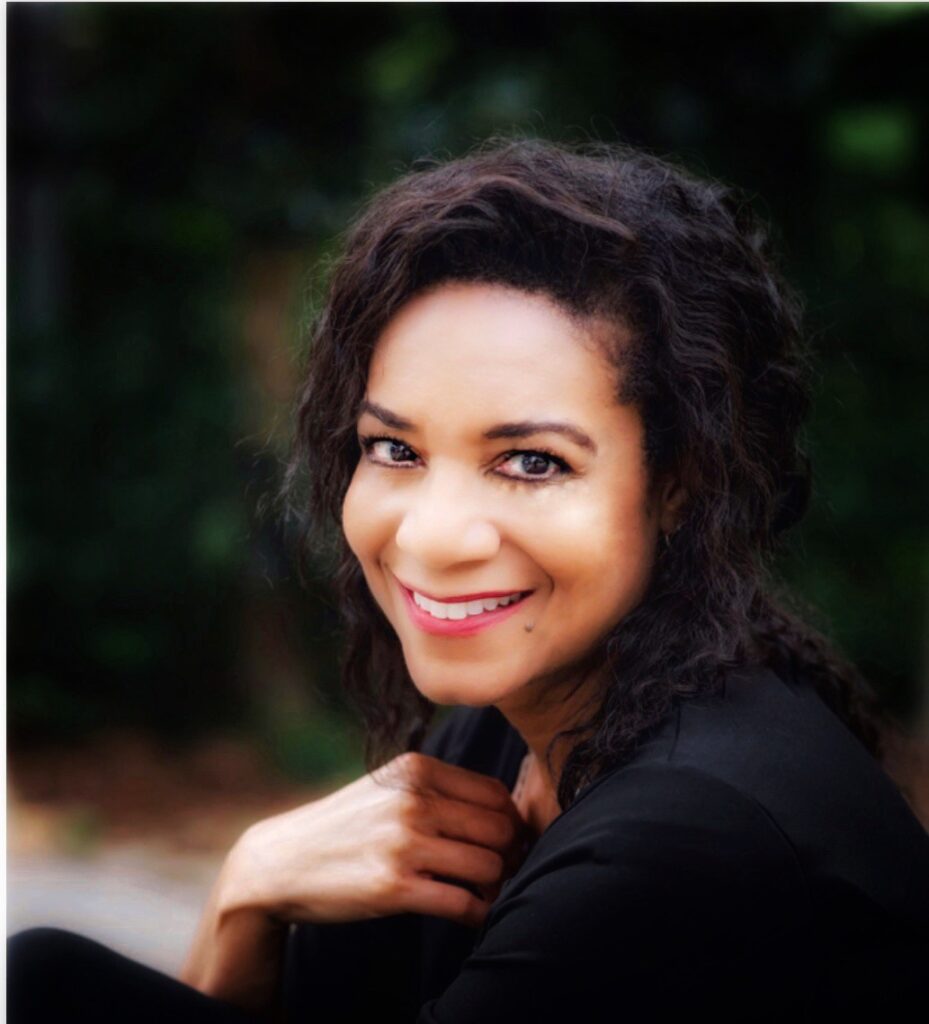Everything Becomes A Story by Debra H. Goldstein
What do you get when you add two type “A” mothers, a would-be bride and groom, and two somewhat laid back dads? Answer: Some Mamazilla moments, a couple who describe their wedding as “awesome,” and two still somewhat laid back dads with emptier pockets. What do you also get if you’re a writer? Answer: Much joy and a lot of fodder for stories and maybe even a book.
Since I’ve taken the writing game seriously, I find that even chance meetings with people or overhearing random comments have become possible story material. Nothing is sacred. I think I’m either possessed or my brain has been rewired. I’ve always been one of those people who don’t see much of what is going on around me, but now my ability to notice and sense incidents that can be retold has become heighted. Things I once would have passed off as insignificant are what I now zero in on as if each tidbit is the prize in a Crackerjack box. This is a problem.
Raw emotion and reaction has given way to an analytical approach that furthers my writing but minimizes the moment. My lens of pleasure has become narrowed as the details outweigh the bigger picture. It reminds me of when I got my first video camera. That camera was supposed to be the smallest SONY videocamera being made, but by today’s standards it was a monstrosity. It became my prized possession. I filmed everything our kids did – playing ball, acting in plays, getting awards. At least, I filmed constantly until one day I realized I was only seeing these activities through the narrow lens of my camera. I wasn’t watching the entire stage during a play or my son’s best friend steal second base because my camera was aimed at third base. I put my camcorder away. I hated missing the bigger picture.
If a writer succeeds, the writer conveys emotion and fact to the reader. Each reader must have an individualized sensation of feeling the work through their own five senses. But how does a writer create a work and still enjoy life’s experiences? A balance or harmony has to be found – a difficult state to achieve. I’m working at reclaiming the sense of being me versus being a writer. Perhaps though, the same limits in vision holds true in the lives of non-writers, but to what degree? What do you think?
~ ~ ~ ~ ~
Debra H. Goldstein‘s debut novel, Maze in Blue, a mystery set on the University of Michigan’s campus in the 1970’s, won a 2012 IPPY Award. It will be a Harlequin Worldwide Mysteries book selection in May 2014. Her newest short story, “A Political Cornucopia” will be the featured in the Bethlehem Writer’s Roundtable November issue.






Debra, I can’t wait to hear your stories about the wedding. And pictures! I need pictures!
Bonnie Tingle
I still am processing the wedding and the pictures….check out my facebook page https://www.facebook.com/MazeInBlue for wedding pictures snapped by guests. Real pictures not back yet.
You’ve captured a perennial dilemma for the writer, whose adage might be the old, “if you’d behaved better, I wouldn’t have had to put you in my novel”! It isn’t Our Fault that people who should know better (and even strangers on the train) keep giving us such good material! But, really, I’ve given up worrying about remembering all those priceless moments and trust to my subconscious to take charge of storing and sorting. I find that in the middle of writing they do somehow come back. Little details I couldn’t have consciously remembered for a million bucks! I’m sure your subconscious is just waiting to help you out, too.
Excellent observation. Thanks heavens for the subconscious!
I agree with both of you about the subconscious. When I let mine take over, I found my writing improved – the details became more delicious. I’m also laughing about the comments about the train as I was half asleep on a plane this weekend and in my dazed state, I heard a conversation that I know will end up in a short story. I didn’t write the details down, but I still remember the gist of the conversation.
Debra, I can totally relate to this post!That Aha moment when you realized what you were missing and put down the camcorder, that came for me some years ago when I was in Australia. We had specifically asked our tour guide to take us to a sunrise at Ayres Rock (tour included a sunset) because I had read the color change was incredible at sunrise. Here I was 10,000 miles from home, with me manual camera snapping shot after shot, trying to capture on film the various colors. I realized I was missing the big picture too. I stopped and caught the glorious conclusion with the naked eye. It with thrilling and applause worthy. So the crowd applauded Mother Nature’s canvas. I think some of my picture-taking obsession came along with the diagnosis of losing my sight. I felt I had to capture everything. Until I realized at some point, those photos would no longer provide the memories and reminders of the experience, my “internal vision” would do that. And while friends and family will claim I am no less obsessive, I have learned to make internal pictures because I can see those forever, even without my eyes!
Gail
What a great comment about “internal vision.” I can see where you reacted with a camera when you found your sight failing and understand your reality when you realized your brain would have to be your eyes.
Debra, a great post and SO TRUE! I don’t know if you can ever really lose the little “writer-camera guy” that sits on your shoulder as a writer, but we need to focus on the moment in order to live fully. On the other hand, a later examination/exploration of what made a moment so special adds richness in its own way.
Thanks for your comments. It really is a balancing act!